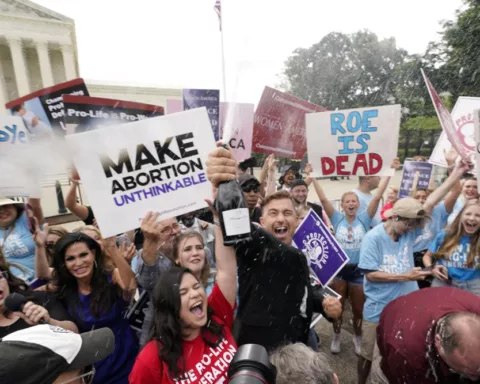The U.S. economy grew at a 33.4% annual pace during a three-month period ending in September, due in large part to the $2.2 trillion in pandemic stimulus package Congress passed in March.
The economy’s third-quarter growth marked a dramatic recovery from its second-quarter 31.4% contraction, it’s sharpest since the U.S. began keeping records in 1947, fueled by the worsening effects of the pandemic beginning in mid-March.
The U.S. economy remains 3.5% smaller than it was at the end of 2019. Consumer spending, which accounts for more than two-thirds of U.S. economic activity, helped fuel the third quarter recovery. Consumption appears to have since cooled, however, with retail sales falling in October and November as household incomes fell when a government-funded weekly unemployment subsidy expired.
As the pandemic intensifies in the U.S., cumulatively infecting more than 18 million people and causing nearly 320,000 deaths, consumer spending has declined, while layoffs have increased.
But after months of delays, Congress passed a rescue package Monday valued at nearly $900 billion, which includes direct payments to most Americans and enhanced payments to unemployed people.
The measure also expands a small-business lending program and directs funds to schools, vaccine distribution, airlines and transit systems.
Although the additional relief funds will help stimulate the economy, many economists say it will have a limited impact, noting the bill excluded aid for state and local governments, whose budgets have been hard hit by the pandemic.






